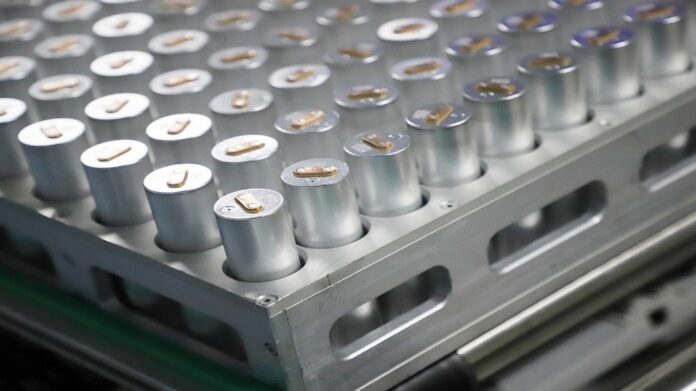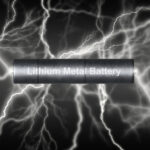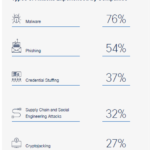Lithium-ion batteries are still kings of the castle when it comes to state-of-the-art electrification of transportation. But other technologies are chafing at the bit to challenge lithium-ion for supremacy.
Lithium-ion remains predominant because it is relatively cheap to produce and has economies of scale in its favour. But lithium, nickel, and cobalt are increasingly more expensive. And sourcing these minerals is increasingly being impacted by geopolitical strains on supply chains. Batteries using iron or aluminum, in the long run, could prove to be much cheaper and yet we have seen little in the way of efforts to move to these solutions.
Not all batteries are suitable for transportation applications. Iron-based ones for example fit the bill as storage backup for utilities feeding the electrical grid. This is a technology that can be added to an existing power plant to feed into the grid during peak periods. The current state-of-the-art performance comes from a Massachusetts-based company, an MIT spinoff, called Form Energy. Its battery prototype can feed the grid for up to four days before being fully discharged. And the cost per kilowatt-hour is only $20 USD.
New transportable battery innovations using more abundant materials include:
- aluminum and sulphur batteries
- sodium and sulphur solid-state batteries
And then there are lithium-metal solid-state batteries which promise to be safer, faster charging and last longer than existing lithium-ion technology.
The State of Aluminium-Sulphur Batteries
This type of battery has been around for a while but the main shortcoming of the technology has been durability. The batteries using ambient temperature ionic liquid electrolytes form dendrites over time that interfere with the flow of electrons between the anodes. The results are short circuits. The cure appears to be raising the operating temperature of the battery and switching out the electrolyte. At 110 Celsius (230 Fahrenheit) degrees this new version of the aluminum-sulphur battery doesn’t form dendrites.
The cost of this new battery works out to be about one-sixth that of lithium-ion. A 75 Kilowatt battery pack would come in at $1,200 USD which works out to about $15 USD per kilowatt-hour. Compare that to lithium-ion at $137 USD per kilowatt-hour.
The only drawback to aluminum-sulphur storage technology is the battery must be sealed to ensure no contact with liquid water or water vapour occurs. A leak could cause hydrogen sulphide to form, a poisonous and highly inflammable gas.
The big pluses besides cost per kilowatt-hour are that these batteries have faster recharge rates than lithium-ion and can endure the same number of discharges and recharges as those in electric vehicles (EVs) today.
Is One of These Solid-State Batteries the Next Big Breakthrough?
The reason there is enormous interest in solid-state batteries is two-fold:
- higher storage densities than lithium-ion batteries.
- solid electrolytes that eliminate dendrite formation.
Work at the University of Houston, the University of Colorado, and at QuantumScape, a company located in San Jose, California, has led to the development of solid-state alternatives to lithium-ion. In Houston, the research team has invented a solid oxysulphide glass electrolyte in a sodium-sulphur battery. In Colorado, a similar solid ceramic-glass electrolyte has been invented. And in San Jose, QuantumScape claims to have developed the first lithium-metal solid-state anode-less battery.
The advantages of solid-state batteries include higher energy density, lower battery costs per kilowatt-hour, greater vehicle range between 50 to 100% more per charge, and faster recharge times (half the time of superchargers being used with current lithium-ion-powered EVs. In a nutshell, a switch to solid-state batteries answers all the major anxieties that gasoline-powered vehicle drivers have when commenting on why they are not ready to get an EV.
The automobile manufacturers of the world are all jumping on board. Ford and BMW have invested in Solid Power, the company spun out of the University of Colorado. Volkswagen is invested in the Houston technology. General Motors, Toyota, Daimler, Honda, Mitsubishi, Nissan, SAIC Motors, and BMW are working with QuantumScape. All of these solid-state battery developers are talking about a timetable to start delivering the technology to manufacturers by 2024 or 2025.
















